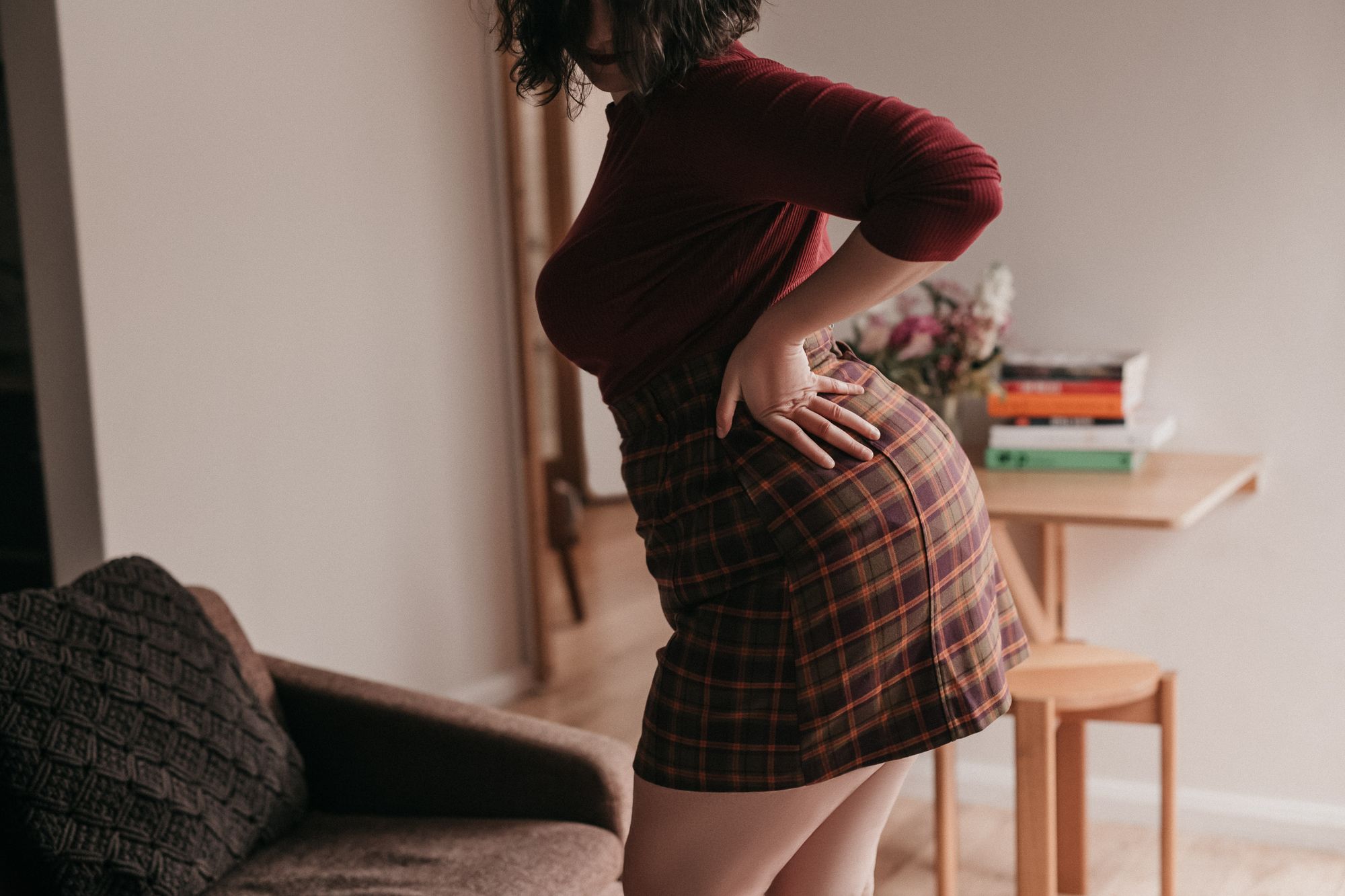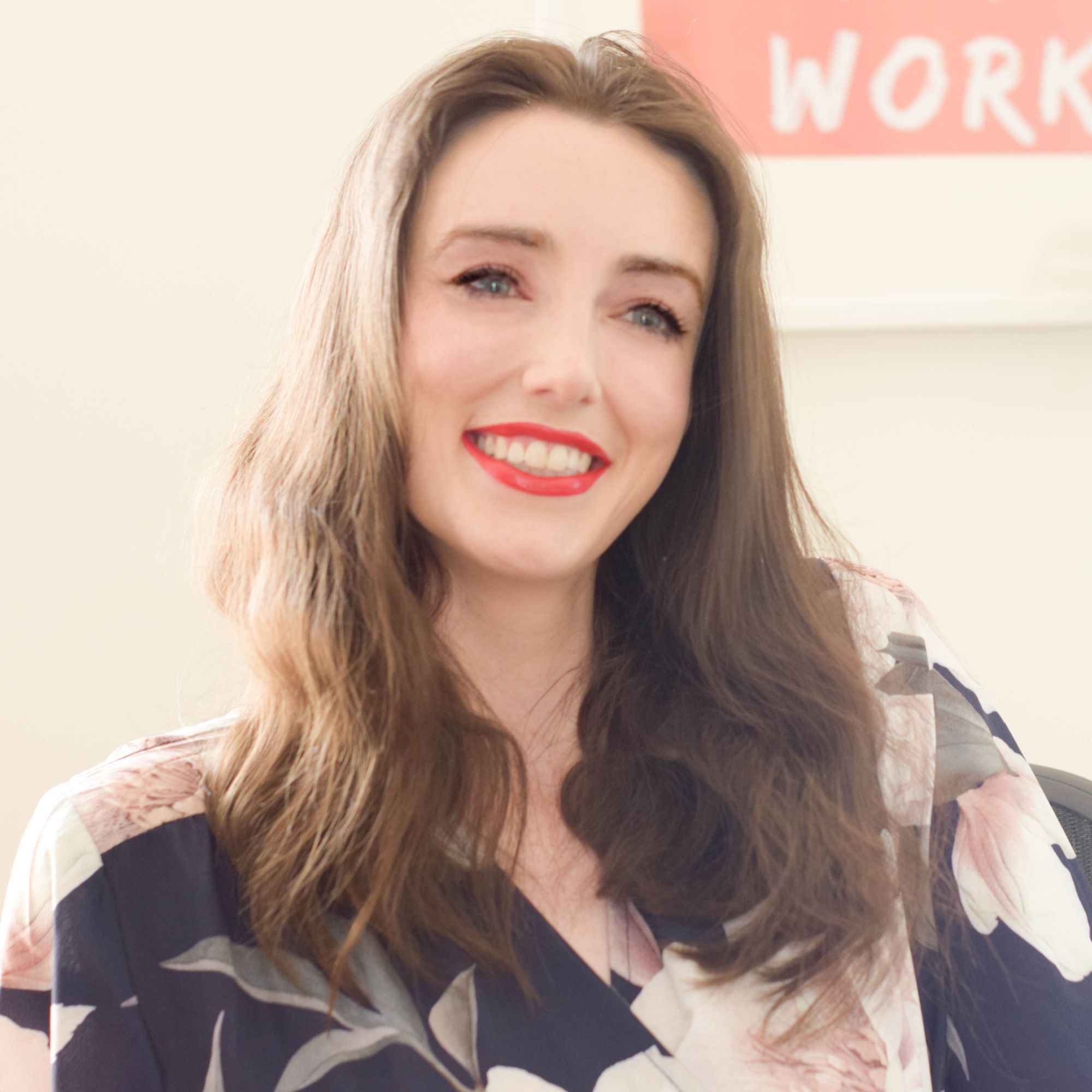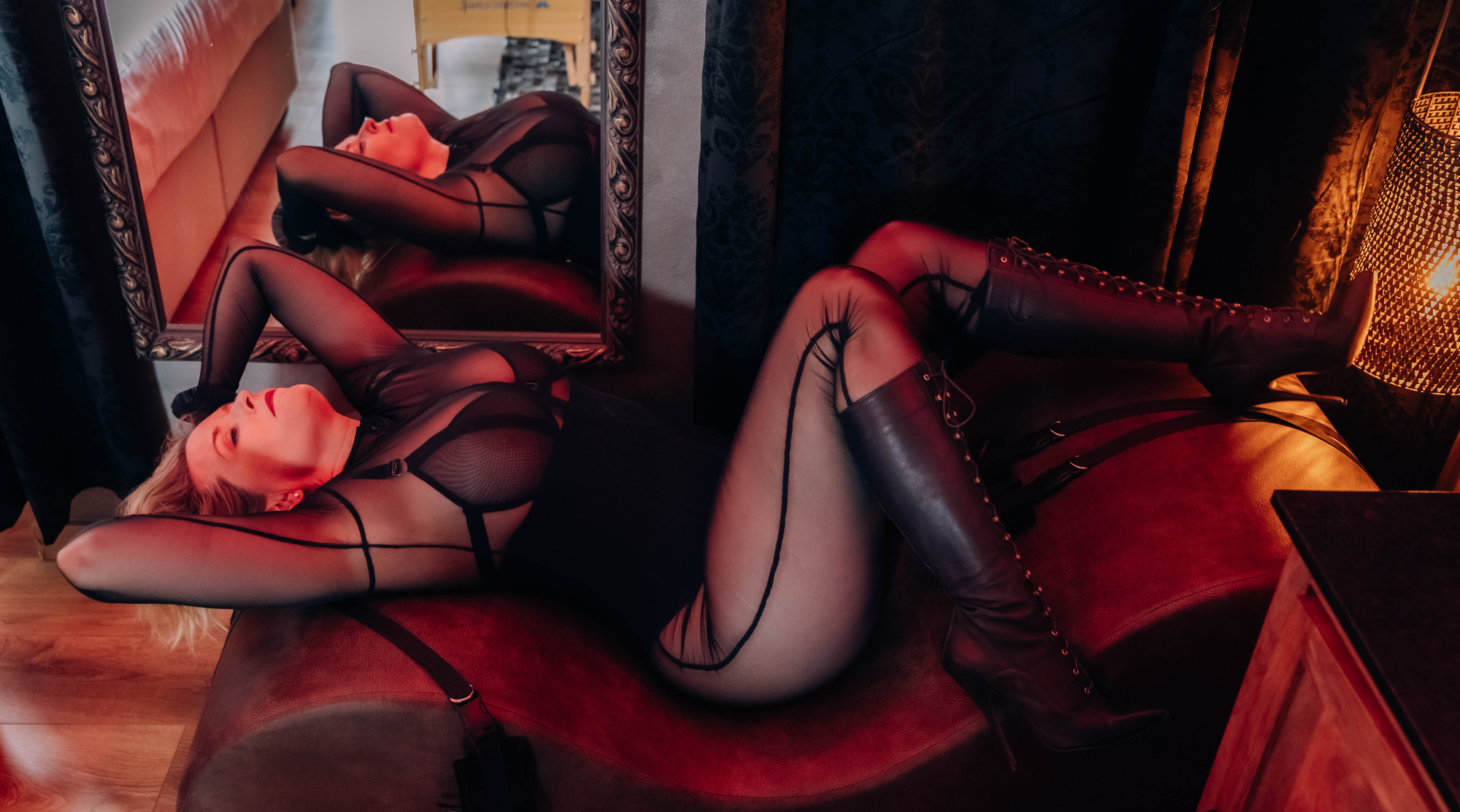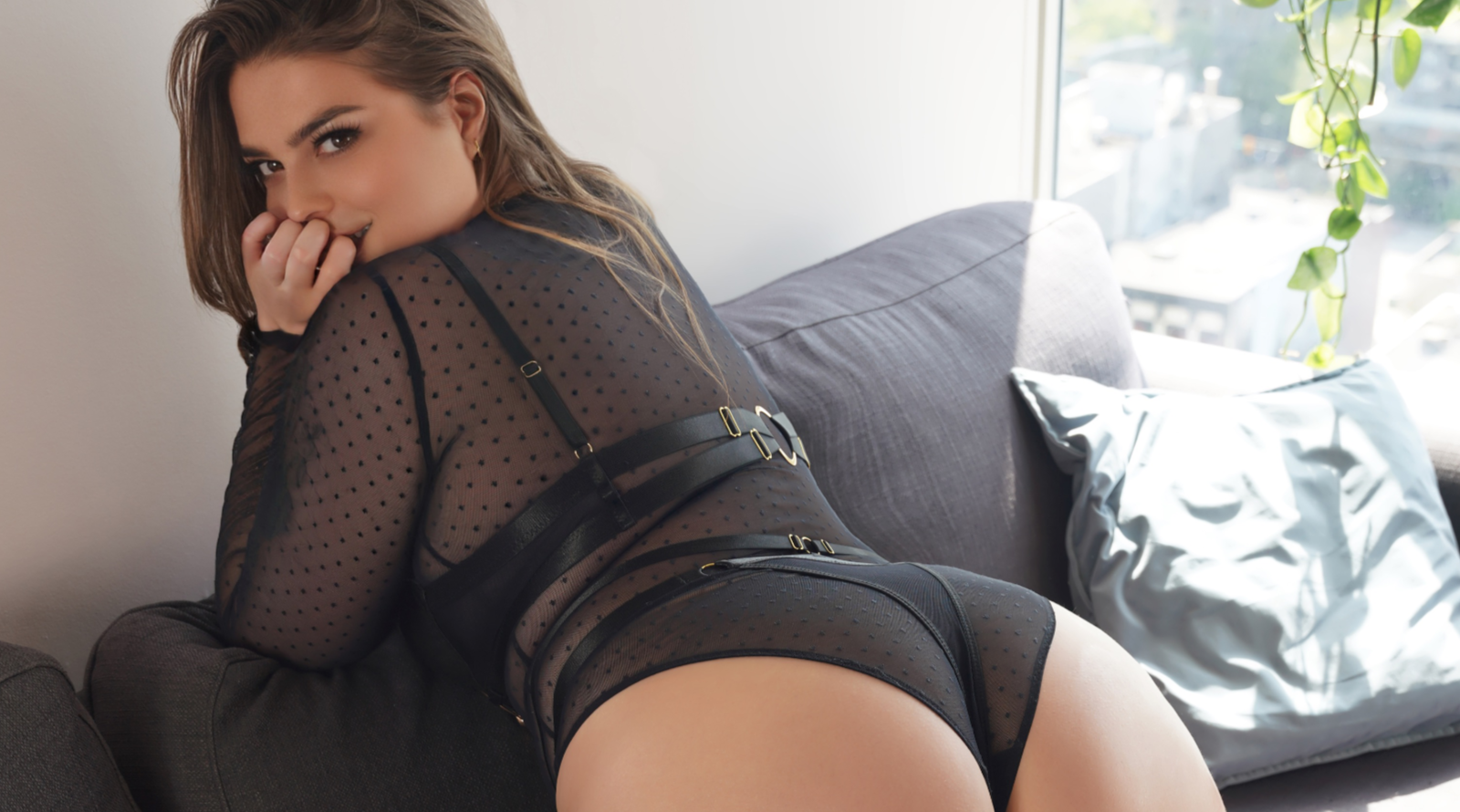For many living with disability, seeing a sex worker can be a great way to alleviate the isolation and loneliness that is often invoked by broader society. In some countries such as Australia, programs such as the NDIS have enabled disabled people to access the services of sex workers using NDIS funding. Today we speak to Melbourne escort Madeleine Please about how she got started in the industry, how to better cater towards clients with disabilities and the pros and cons of the industry.
Tell us your story, how did you get into the industry and what has your journey looked like thus far?
I entered the industry 5 years ago after a relationship breakup and finding myself homeless and jobless. I was lucky to be able to jump between house sits until I found a new home, and stayed with a friend until the room was available. The first time I met their housemate, they told me they were a sex worker and I was instantly intrigued. I asked them lots of questions about it and wondered if it was something I could do. I figured I had nothing to lose. I went for an interview at the sensual massage parlour they worked at, and did my first shift that week which I enjoy much more than I expected to, considering how terrified I was. After a few months I moved to a full service brothel, and a year later jumped into the deep end of independent escorting.
Since then it has continued to be an interesting journey, having survived through the devastation of SESTA/FOSTA and now a pandemic, both of which forced me to significantly change how I work.
My personal journey with sex work has been intensely gratifying and humbling. I’ve learnt so much about boundaries, self-worth, sex, society, and the complex reality often overshadowed by stigma and stereotypes. At first it felt like discovering an underground world, but now it feels like actual reality and mainstream society feels like the weird place I’m not sure how to navigate.
What are some of your hobbies and interests outside of work?
My main interests, hobbies and daily practices revolve around creativity, embodiment, healing, adventure and escapism, such as music and art, yoga and meditation, and holistic therapies and mysticism. I really enjoy reading, camping, travelling and being in nature, and have been filling that void with video games, movies and TV series during lockdown.
I noticed that you had completed the People with Disability Awareness Training (PDAT) with Touching Base and that you work with disabled clients. Do you have any advice for workers who want to make their services more accessible to disabled clients?
Fundamentally, it’s important to be aware that disability takes many forms; physical, sensory or cognitive impairment, mental illness, chronic health conditions - all of which are equally valid. Clients can have any combination of these, and two clients with the same condition may experience it vastly differently. That’s why it’s even more important to prioritise listening to the client on how to best accomodate their comfort for their unique situation, making sure to cover communication, safety, physical accessibility and discretion, so you can prepare for any adjustments you might need to make to your service.
I also highly recommend completing the PDAT workshop and applying for the Touching Base list of approved providers so clients can find you.
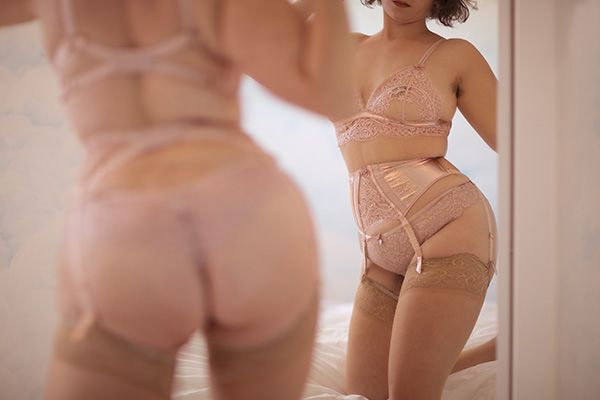
What are some benefits and draw backs of the sex industry?
One of the greatest gifts of the sex industry is being trusted into such a personal and vulnerable part of people's lives, and the unique perspectives you gain. Our society gives us lots of confusing messages about our worth based on our gender, sexuality, sexual experiences, appearance, age, and what we do for money. These constructs still exist, of course, but in this industry you start to see a different side to reality and it forces you to question them.
The community has been one of the best surprises for me, though. I feel very fortunate to have access to such emotionally and politically intelligent peers, and collectively, such a diverse range of skills and knowledge that they are often willing to share. Being outcast from mainstream society means we have to rely on each other for support and sex workers have cultivated that community spirit for a very long time.
The drawbacks include the everyday stress of living a double life if you’re not “out” to people in different areas of your life, and the constant fear of violence, discrimination and rejection based on your job. The criminalisation of our work makes it very difficult to work safely, and many workers are forced to work illegally which can make us hyper-vigilant. It’s also easy to burn out due to the emotional labour involved, but also from facing the dehumanising way in which people talk about us, misrepresent us and devalue our labour.
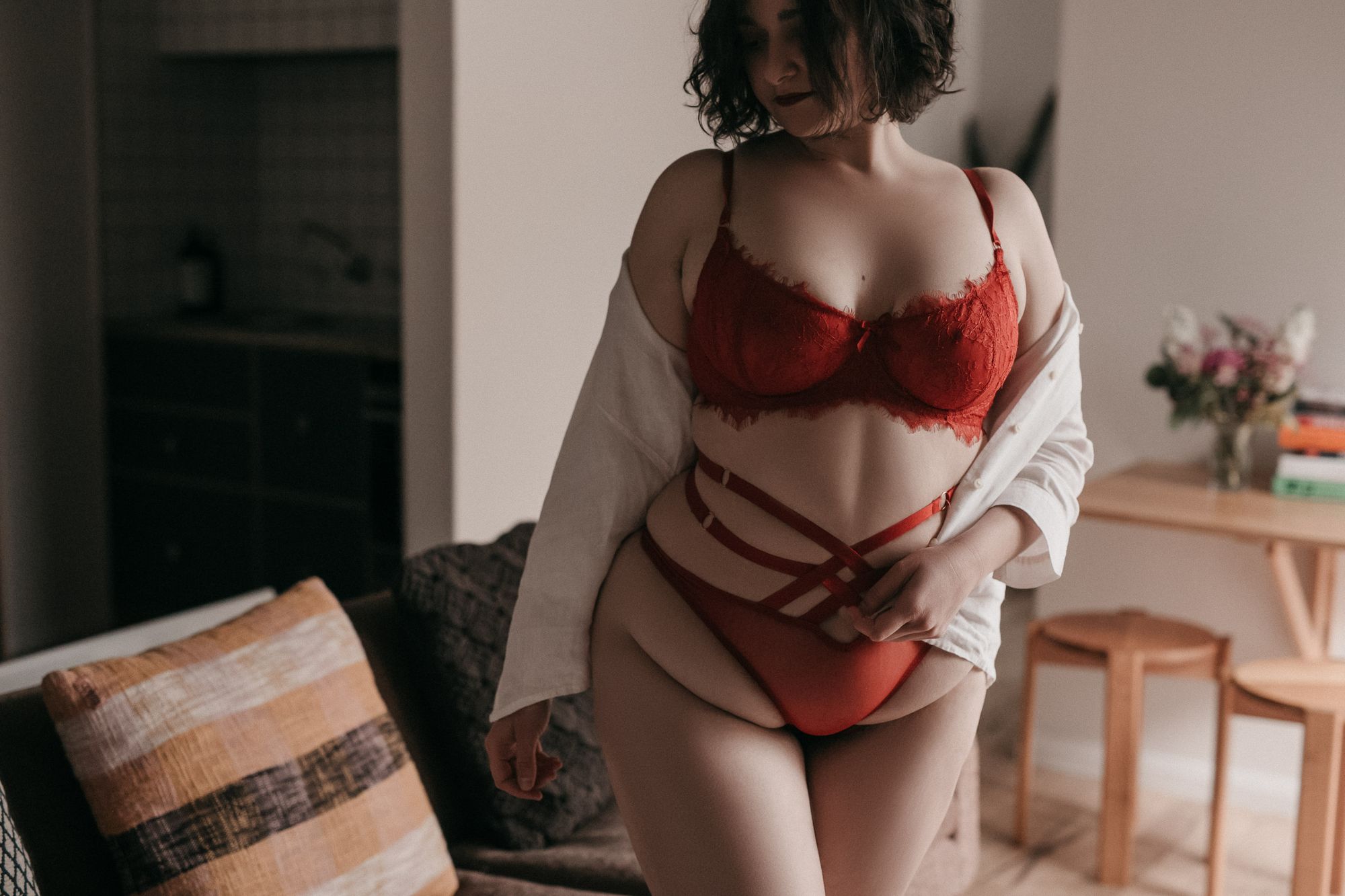
Why do you think it is important for sex work to be decriminalised?
Full decriminalisation would force wider society to acknowledge that sex work is work, and provide sex workers with the same protections and freedoms as other workers. We would be able to work safer with more choice and control in how we work and advertise, and have more legal standing when it comes to defending ourselves against injustices and our rights to essential services, while also chipping away at sex work stigma. It would also help to decrease sex trafficking and is regarded as best practice by several global health and human rights organisations.
Is there a book, tv show or movie that has had a major impact on your life? What was it and what did it teach you?
I wish it was something more interesting, but I would have to say Teach Us To Sit Still by Tim Parks. It’s an often very comical autobiographical account of a man suffering chronic idiopathic pelvic pain. Doctors want to perform surgery on him even though they don’t know what’s causing it and he ultimately turns to a meditation technique that helps him change his perspective on his pain and it’s grip on him.
At that time, I went to bookshops regularly with my then partner. One day they offered to buy me any book in the store, and as soon as we walked in I was drawn to this particular book for some reason. I was really struggling with my mental health and while reading this book I just knew the meditation technique he described was something I had to try. Having never meditated before I signed up for a 10-day silent retreat, and it was such a profoundly insightful experience that I ended up doing a few more and I still maintain a practice today.
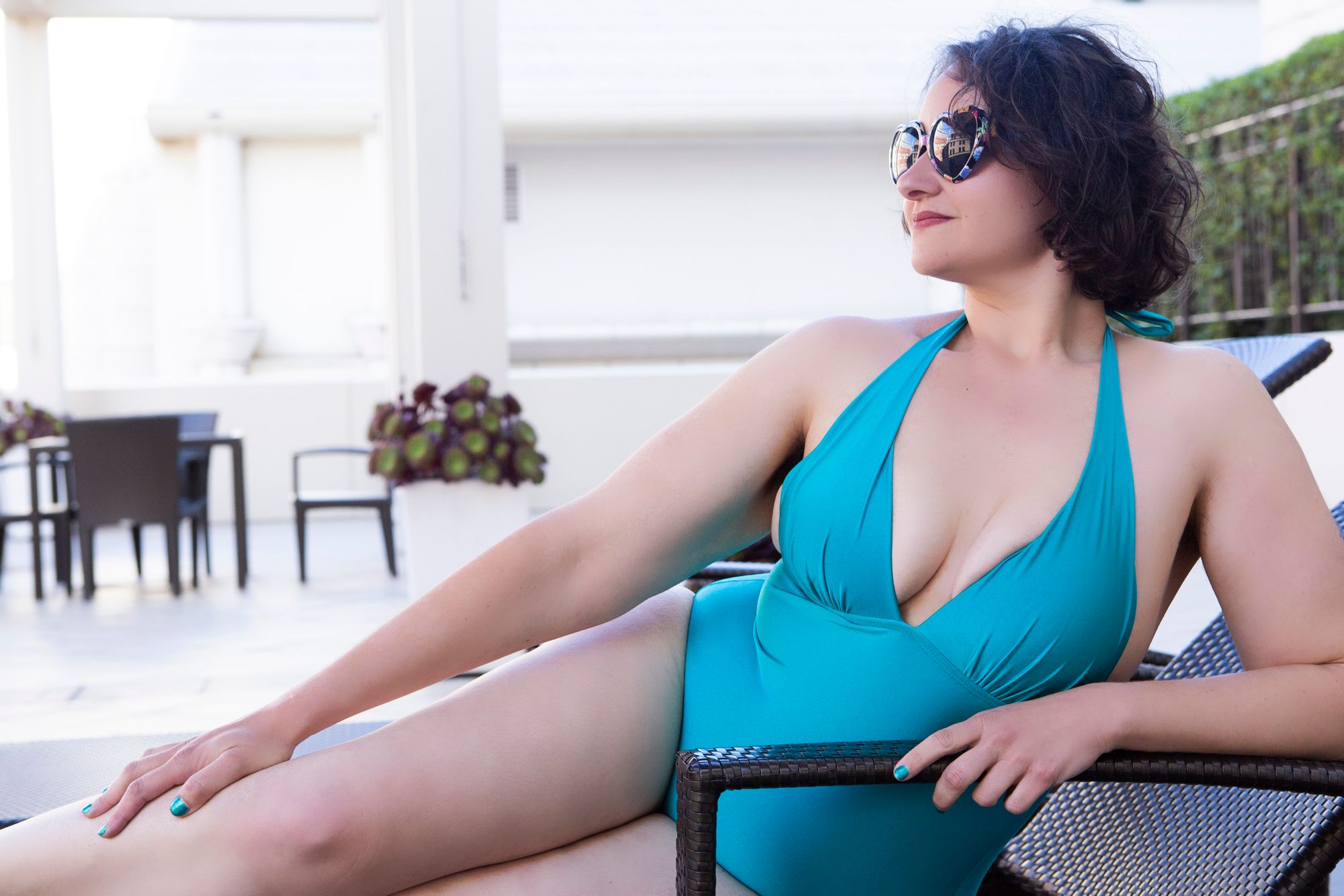
When you're having a bad day, what do you do to make yourself feel better?
The first thing I do is give myself permission to have a bad day, as I’ve found that being upset about having a bad day doesn’t really help. The next thing I do is listen to what my body needs. Depending on what kind of “bad” it is, I’ll either mope in bed with something uplifting or interesting to distract me, or do some form of movement or singing to shift it through my body. Journaling or talking to a friend really helps too. I also find listening to music while doing housework really cathartic.
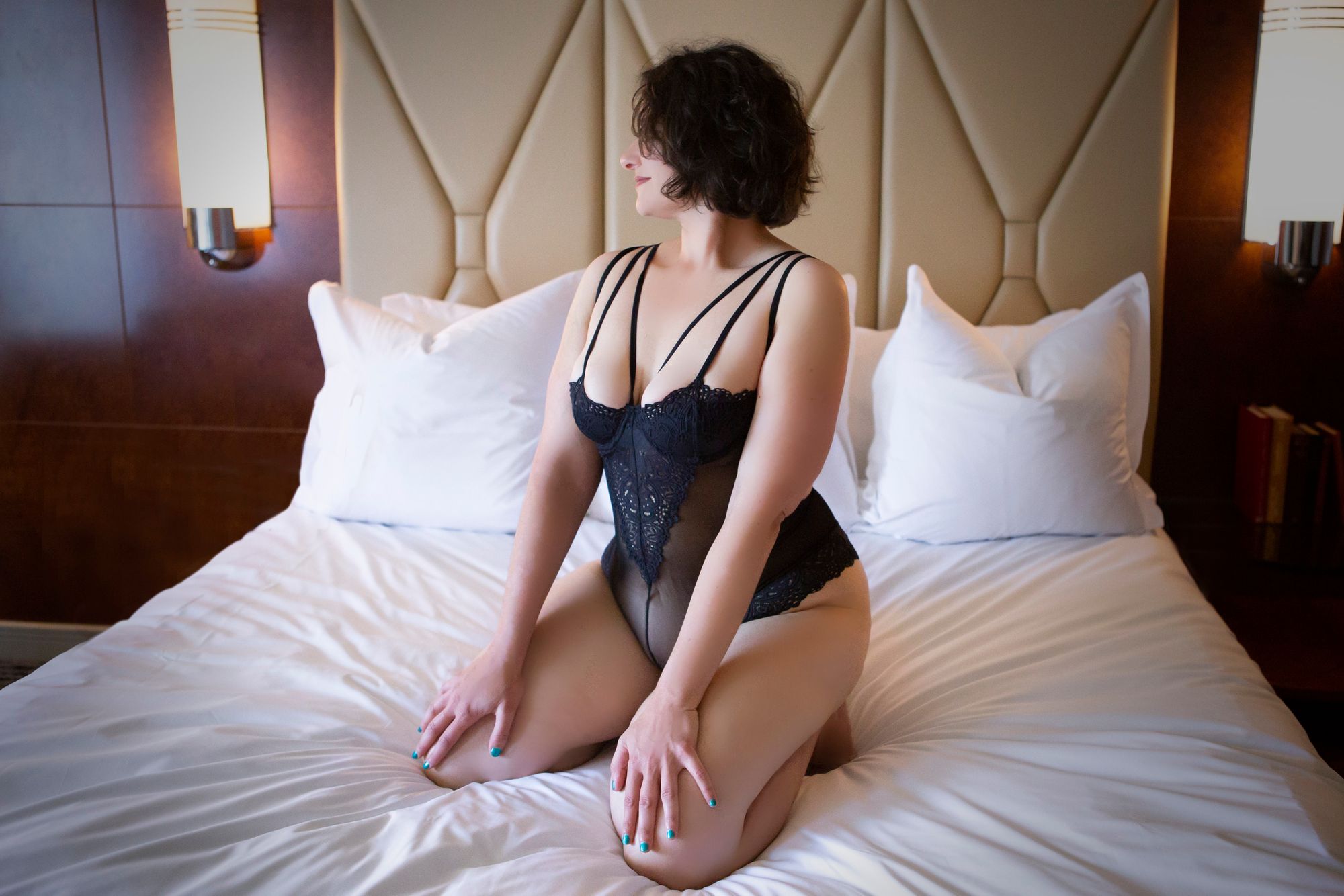
As sex workers we face a number of challenges in our line of work. What is one issue you care about and how do you think your clients can help sex workers?
Stigma is a huge one as it impacts us negatively on a daily basis and on every level; emotionally, socially, medically, financially, politically, and the list goes on.
I would love to see clients examine their own beliefs and assumptions about sex, work and sex work, and reflect on how those are influenced by media stereotypes and imposed social and economic systems such as patriarchy, capitalism and white supremacy. Maybe I’m being naive, but I hope that kind of awareness would encourage more widespread nuanced and normalising discussions around sex work stigma and where it stems from.
Clients can also help by sending money to sex workers, amplifying sex worker’s voices, actively advocating for decriminalisation and prioritising it when deciding who to vote for, and donating to peer-run organisations.

My favorite scent is: freshly brewed coffee, even though I don’t drink it.
My favorite restaurant is: Kisumé, though Supernormal comes a close second.
If you were to buy me a drink, you should buy me: matcha latte, mineral water, gin cocktail, sake or red wine.
If they made a movie based on your life, who would play you: probably Christina Ricci. I’ve been mistaken for her a couple of times!
Want to meet Melbourne escort Madeleine Please in the flesh? Head over to her Tryst profile!👇👇👇


